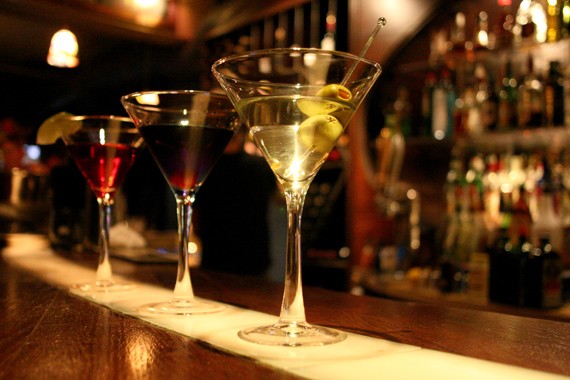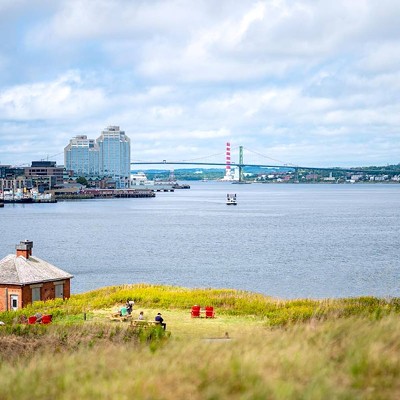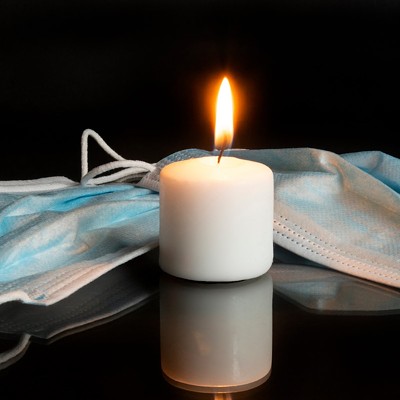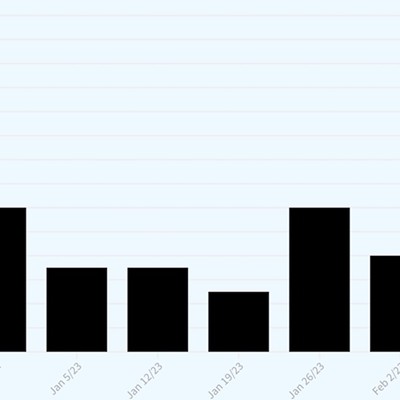I
n the past two weeks, Halifax has been warned of a slew of potential COVID-19 exposures at local bars and restaurants—from Montana’s in Bayer’s Lake to Gahan House in the Nova Centre to The Bitter End on Argyle Street.
But most concerning isn’t the potential exposures: It’s the government’s reaction to them.
The first warning for The Bitter End came on November 5, three days after the exposure on November 2 between 9 pm and 11 pm. “Anyone present at the location during this time is asked to monitor for symptoms of COVID-19. It is anticipated anyone exposed to the virus at this location on the above date may develop symptoms up to and including Nov. 16,” said a government release.
The restaurant itself quickly posted on Facebook to clarify it was a customer—not an employee—who was sick: “After consultation with the Public Health Board they have advised us that there is no reason to take any further action other than continuing to monitor the health of all of our staff,” reads The Bitter End's post.
But then, on November 8, the government issued a new release, expanding the potential exposure time and asking anyone who was at the downtown cocktail spot on November 2—symptomatic or not—to get a test.
“The potential exposure to COVID-19 timeline for The Bitter End for November 2 has been extended to include all patrons and staff who attended the establishment between 9 p.m. and closing,” says the updated release. The province also tweeted that they incorrectly told people they didn't need to be tested when they really did.
After the update, Haligonians seemed confused about why the release wasn’t more accurate the first time:Some people who called 811 today (Sunday) in response to our expanded exposure notification for The Bitter End (on Nov. 2 from 9 p.m. until closing) and did not have symptoms of COVID-19 may not have been referred for testing. Any such people should call 811 again for referral.
— Nova Scotia Health (@HealthNS) November 8, 2020
Ok, so I’ve had a concerning experience with @nshealth re: covid screening. There are big discrepancies between what’s happening online and on the phone with 811. I was at The Bitter End on Monday, so exposed to someone who tested positive. (1/8)
— Ava Coulter (@avacoulter1) November 8, 2020
It's concerning that they aren't sure how many people may have been at The Bitter End from 9-12 on a Monday night during a pandemic.
— sean g mc (@Sean_GMC) November 8, 2020
Why are folks not required to give their name and number when they enter a public venue like The Bitter End so that it is possible to do quick & effective contact tracing?
— Francoise Baylis (@FrancoiseBaylis) November 9, 2020
At a government press conference on November 9, Dr. Strang thanked The Bitter End for taking the names of their patrons, seemingly implying that contact tracing was indeed done.What the hell happened at the bitter end????? https://t.co/HzVfGOL0so
— Abby Tucker (@abigail_mbt) November 9, 2020
“I want to thank first of all many of the private businesses out there who have actually been taking names of people when they’re coming in and taking proactive steps,” said Strang, adding that “everyone who works for them is being tested.”
The Restaurant Association of Nova Scotia (RANS), the independent organization that oversees COVID-19 guidelines for the restaurant industry, says contact tracing at this point is not required, but "highly recommended."
There's only one mention of contact tracing in the RANS COVID-19 regulations, which were last updated on June 22. It encourages establishments to document or update their “restaurant reservations process or leave a name and callback practice, which may also serve to have customer information.”
Natasha Chestnut, spokesperson for RANS, says an email notice was sent to the organization's members (about 1,550 restaurants, bars and catering companies) on November 9 to clarify how important contact tracing is. "This is highly recommended but not mandatory at this juncture. Do it because it protects our food and beverage sector and you cannot afford to have your business shut-down," the notice said.
RANS recommends taking the name and phone number or email of one person in each group, and to "keep information for 25 days and then dump it."
If a potential exposure is detected, Chestnut says the restaurant would hand over their list to the Department of Health for contact tracing. "If the restaurant has a list of customers who visited during a specific time, they provide this to NS Health Authority to make the calls," she says.
Chestnut says RANS is in close contact with the department of health but there have been no recent policy changes for the restaurant industry.

















